CHAPLAINCY COUNCIL
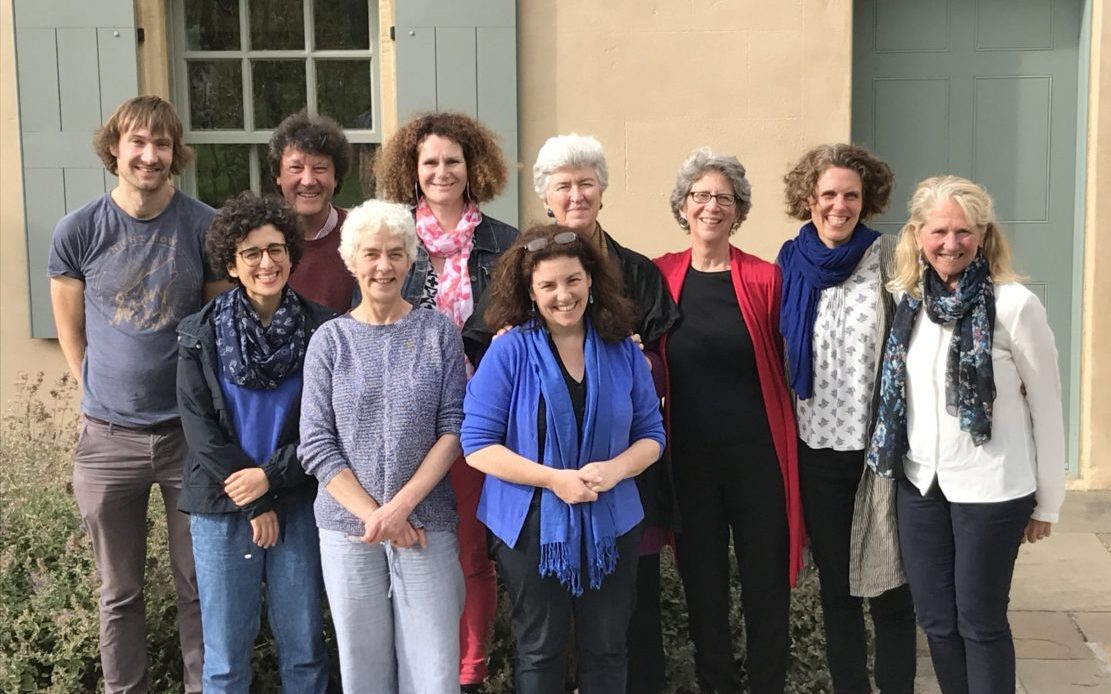
First row, left to right: Mariagrazia Portera, Pauline Phemister, Liz Grant; Back row, left to right: James MacAllister, Martin Chick, Harriet Harris, Sarah Buie, Wallace Heim, Alette Willis, Meriwether Wilson.
Held 2018 | University of Edinburgh
A CUHF convened by Chaplain Harriet Harris, Pauline Phemister and Wallace Heim took place among a group of University of Edinburgh faculty and administrators at the Royal Botanic Gardens in Edinburgh; they met in two sessions over the course of the year.
University of Edinburgh Council
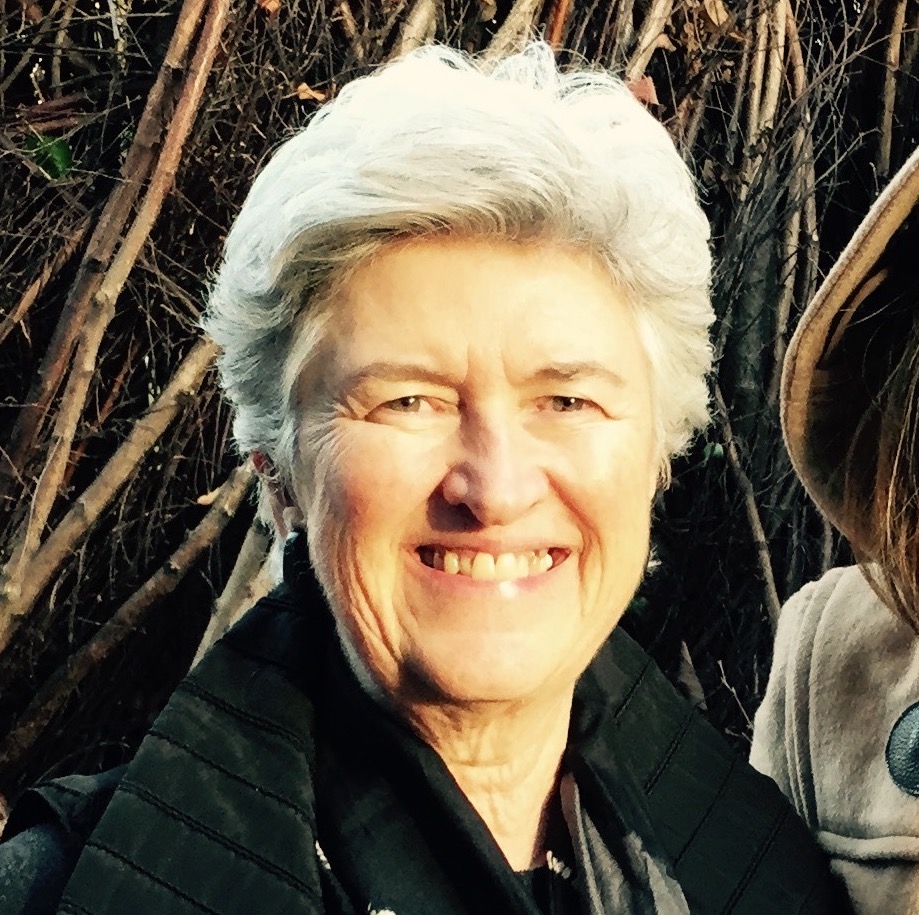
Sarah Buie, convener
Sarah Buie is a designer / educator who encourages dialogic awareness within higher education and in relationship to climate change. She is Founding Convener of the Council on the Uncertain Human Future, and A new Earth conversation, a campus-wide climate initiative at Clark University. She is Professor Emerita and Research Scholar At Clark; in her tenure as Director of the Higgins School of Humanities and its Difficult Dialogues initiative, major grants from the Ford Foundation, Mellon Foundation and Kaiser Family Foundation were awarded. As an award-winning museum exhibition designer, she designed more than 100 exhibitions for art, natural history and history museums.
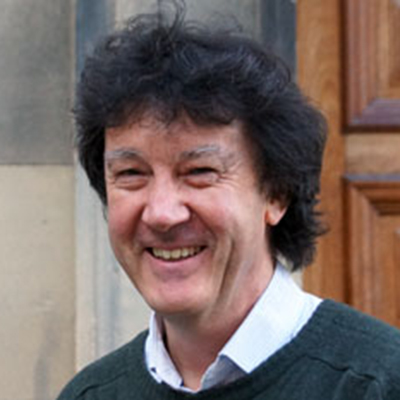
Martin Chick
Martin Chick is Professor of Economic History. His research interests have included the interaction between U.K governments and nationalised industries. He has written about economic planning, utility pricing, and the economic history of nationalisation, privatisation and regulation. He has recently written a study of energy policy in Britain, France and the United States since 1945. He is currently writing the Oxford Economic and Social History of Britain since 1951. Some of the themes in the book include: income and wealth inequality; the allocation of health and educational resources; externalities and free-riding behaviour; the use and abuse of markets: public expenditure; responsibility; and capital productivity.
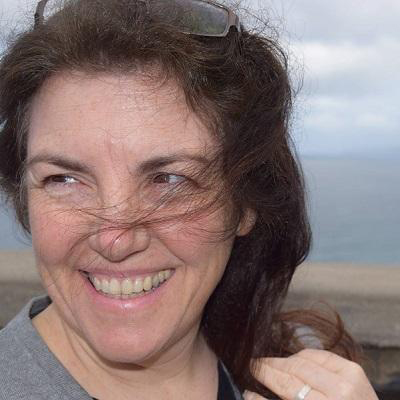
Liz Grant
Liz Grant is Chair of Global Health, Director of the Global Health Academy and Assistant Principal for the University of Edinburgh. She is a Senior Lecturer in Global Health and Development in the Usher Institute at the University of Edinburgh, and co-directs the online Masters programmes in Family Medicine, in Global Health and Global eHealth. She is also the director of the Certificate in Global Health Challenges, one of the three certificates which constitute the new MSc in Global Challenges, a training programme delivered through a collaboration between the University’s Global Academies – a global networks of experts from over 25 academic disciplines developing innovative solutions for the world’s most challenging problems.
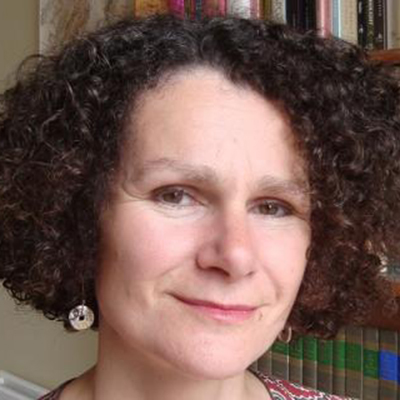
Harriet Harris
Harriet Harris is University Chaplain and Head of the Chaplaincy Service for the UofE. She has developed and oversees a large Multi-faith and Humanist Chaplaincy team. She is a priest in the Scottish Episcopal Church (SEC), and Convenor of the Doctrine Committee of the SEC, which involves overseeing publications on Relationships and Human Intimacy, The Art of Dying Well, The Church and Scottish Identity, and Religion and Science. She takes part in ecumenical and interfaith activities nationally and internationally, including the Archbishop of Canterbury’s Building Bridges dialogues between Muslims and Christians. Harriet was formerly a University Lecturer in Theology, and continues to teach and write.
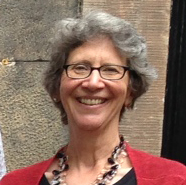
Wallace Heim, performance and social arts
Wallace Heim writes and researches on performance and ecology. Her doctorate is in philosophy from Lancaster University, but she works across disciplines to analyse the experience of performance and social practice arts. Her current work is on conflict, nature and theatre, and on nuclear placements at sea. She co-edited Nature Performed (2003), contributing the essay ‘Slow Activism: Homeland, love and the lightbulb’. She has published in Performance Research, in Readings in Performance and Ecology and in Performing Nature. She recently published Landing Stages.

James MacAllister
James MacAllister is Lecturer in Philosophy of Education with a research focus on ethical and epistemological challenges in education. His first published monograph, Reclaiming Discipline for Education: Knowledge, relationships and the birth of community. He is currently writing his second monograph on MacIntyre’s philosophy of education, entitled Educational Institutions and the Common Good: A revolutionary Aristotelian perspective. He has an interest in philosophical issues related to children’s rights This interest relates to an ESRC funded project on children’s rights. He also writes on the importance of personal life in education, virtue epistemology and education, and the purposes of educational institutions.
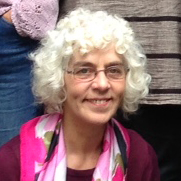
Pauline Phemister, environmental philosophy
Pauline Phemister is Professor of the History of Philosophy at the University of Edinburgh. Her most recent research combines history of philosophy and environmental philosophy, drawing on the philosophy of seventeenth century polymath, G. W. Leibniz, in the construction of a twenty-first century ecological philosophy. She is author of Leibniz and the Natural World: activity, passivity and corporeal substances in Leibniz’s philosophy (2005), The Rationalists: Descartes, Spinoza and Leibniz (2006), and Leibniz and the Environment (2016).

Mariagrazia Portera
Mariagrazia Portera is EURIAS Junior Fellow at the Institute for the Advanced Study in the Humanities, UofE. Her project is titled: ‘Grasp Your Habits’: Habitual Behaviour, Cultural Transmission and the Arts from the Perspective of the Environmental Humanities, in association with the Centre for Croatian Studies, Department of Philosophy, University of Zagreb. She holds a PhD in Philosophy from the University of Florence and was a post-doctoral fellow at the Universities of Rijeka, Berlin and Zagreb. She is Associate Editor of the journal “Aisthesis”. Her research themes include the history of German aesthetics, the history of Darwinism, Charles Darwin’s aesthetic theory, contemporary evolutionary biology and neurosciences.
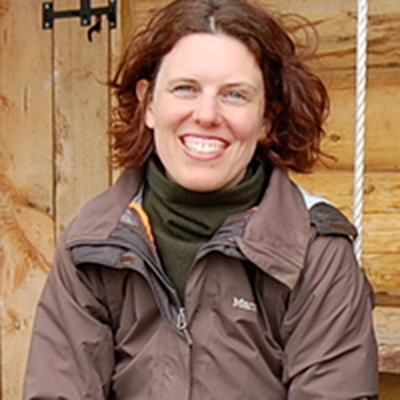
Alette Willis
Alette Willis is Chancellor’s Fellow in Counselling and Psychotherapy, UoE. Her overarching interest is in how people use narratives to make sense of their embodied emotional experiences, to give meaning to their lives, and to make ethical choices. She researches narratives in relation to: the impact of religion and spirituality on the professional self-stories of counsellors and psychotherapists; the use of story in knowledge exchange; understanding ethical decision-making around environmental issues; and human relationships with place and “earth others” including animals, plants and landscape features. She works with oral histories, auto-ethnography, published memoirs, conversation analysis and producing readers’ theatre scripts.
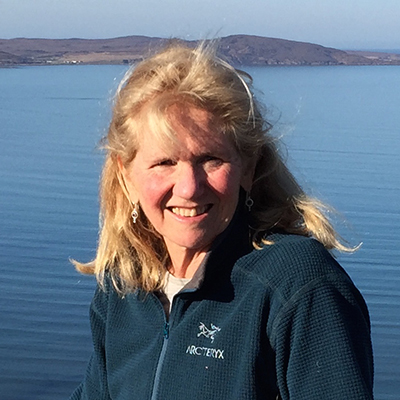
Meriwether Wilson
Meriwether Wilson is a Senior Lecturer in Marine Science and Policy, UoE, focusing on the science-policy-society intersections of international and trans-boundary marine ecosystems and services, in particular biodiversity and ocean governance. She is part of the the Global Change Research Institute and the Oceans Research Group. Her research explores emerging challenges in coastal-marine governance and ecology regarding infrastructure establishments in nearshore and offshore marine areas. This research builds upon two decades of experience with international organisations (World Bank, UNESCO, UNDP, IUCN, NOAA) on establishing marine protected areas globally across diverse ecological scales, cultures and economies.

